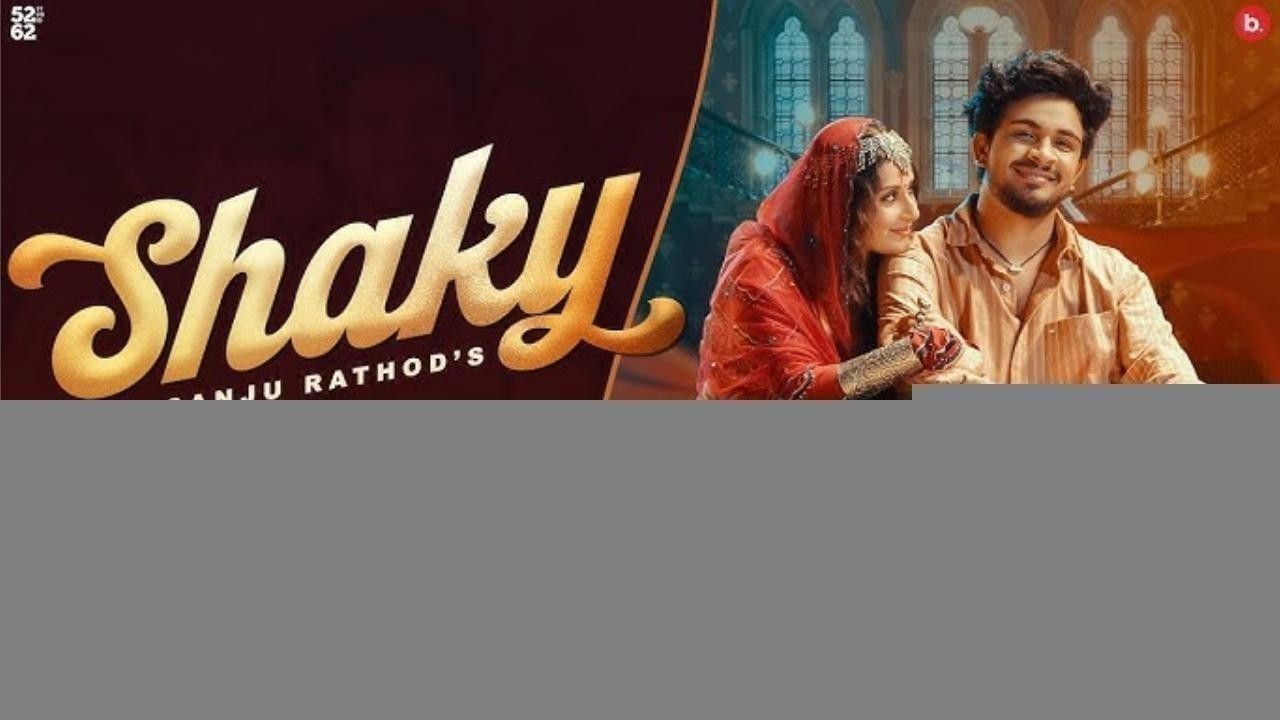
Post by : Anis Karim
No big-budget marketing. No Bollywood co-sign. No traditional radio push. And yet, overnight, a relatively obscure song named “Shaky” has become the most played track across India. From Instagram reels to DJ sets in Pune and playlists on long Delhi Metro rides, “Shaky” has become a household rhythm.
Its catchy beat, playful lyrics, and viral challenge have made it a breakout hit. But what’s even more fascinating is how quickly Indian audiences—diverse, musically fragmented, and often loyal to homegrown tunes—embraced it across languages, regions, and age groups.
In an era where attention spans are short and musical competition is fierce, “Shaky” managed to find the perfect storm of timing, content, and cultural appetite.
When the #ShakyChallenge took off on TikTok and Instagram, few anticipated it would reach this level of virality. Dancers, influencers, and even regular users started using the song’s addictive beat to show off choreography, fashion transitions, and comic reels.
Several major creators in India—particularly from Tier 2 cities—picked it up organically, making the song accessible beyond elite influencer circles. It wasn’t a celebrity-first wave. It was powered by raw virality.
As short-form videos drive most music discovery today in India, Shaky got embedded into daily scrolling routines. Whether someone was watching food reels, styling tips, or funny sketches, they ended up hearing that beat—again and again.
Soon, the song became more than a track—it became a cultural soundbite.
Music analysts have noted that Shaky hits a perfect rhythm sweet spot. It blends Afrobeat grooves with Latin-pop progression and a lo-fi, minimal vocal overlay. The sound is highly loopable—ideal for short videos, but also strangely addictive when played on repeat.
The song’s tempo sits right in the middle of what’s called the “ideal BPM range” for dancing—about 100–105 beats per minute. That makes it not just a good listen, but an irresistible groove.
Moreover, the absence of complex lyrics makes it cross-lingual. People don’t need to “understand” the song to enjoy it, which is a huge advantage in a multilingual country like India.
For Gen Z and younger millennials, music is no longer genre-driven—it’s mood-driven. Shaky fits into the “feel good, look good, vibe good” template that young Indians crave. It doesn’t preach, it doesn’t perform, it just invites movement.
That low-effort fun became the selling point. Unlike dramatic ballads or lyrically dense rap, Shaky became the backdrop to casual confidence. School kids, college students, and even office-goers on break were lip-syncing and dancing to it.
More importantly, it lacked the aggressive push of a PR-heavy release, which made it feel authentic. Indian youth today are suspicious of anything that feels “too curated.” Shaky felt like it belonged to them.
After the initial wave on Instagram and TikTok, mainstream radio stations started picking it up based on organic demand. Calls, texts, and messages requesting “that Instagram song” pushed radio programmers to play catch-up.
Streaming platforms noticed the spike too. Spotify’s India charts reflected the leap—Shaky went from position 137 to number 3 within three days. On Apple Music India, it topped the Global Chart faster than any other song in the past year.
The song has since remained on loop—at weddings, parties, malls, gyms, and even political rallies. Its cross-purpose appeal (chill + dance + background) means it can be used anywhere.
This moment also reflects India’s fast-evolving music palate. Over the last five years, non-Bollywood music consumption has exploded. K-pop, Afrobeat, Latin trap, and even lo-fi electronic music have found big audiences here.
Streaming has created a borderless music experience. Young Indians now listen to artists from Nigeria, Colombia, France, and Turkey alongside AR Rahman and Arijit Singh. Shaky simply tapped into that existing openness.
Additionally, artists like Badshah, Divine, and King have previously sampled Afrobeat and reggaeton-style flows in their work—warming up the audience for these sounds.
So when Shaky came along, it didn’t sound “foreign”—it sounded like a party everyone wanted to join.
Every viral song needs a dance. And Shaky’s choreography challenge—just complex enough to look cool but simple enough to replicate—was a perfect formula.
Dance studios across India began using it in warm-ups. Wedding choreographers made it a sangeet favorite. Flash mobs performed it in public malls in cities like Bangalore and Hyderabad.
Even police departments—like Mumbai Police’s now-famous digital team—joined the trend by posting humorous Shaky videos to promote public safety with a twist.
The song went from a beat to a movement, quite literally.
It wasn’t just metros that embraced Shaky. A massive part of its popularity came from smaller towns and regional creators. Reels from Bhopal, Indore, Surat, and Coimbatore flooded timelines.
In fact, it was often these creators who first “remixed” the song with local flavor—adding desi dance moves, pairing it with traditional attire, or syncing it with popular TV dialogues.
That localization effort gave Shaky both reach and relevance. It wasn’t just a Western import—it became an Indian internet artifact.
Sensing the trend, brands jumped in. Several fashion and beverage companies used Shaky in their ad campaigns. Clothing brands offered discount coupons to customers who made Shaky reels in their outfits.
Zomato used it for a monsoon campaign titled “Don’t stay hungry, stay shaky.” And a mobile phone brand tied the beat to its camera promotion, calling it “capture your vibe.”
These campaigns helped push the song into more ears, but they followed the trend—not led it. That’s what made it feel organic even when brands joined in.
Will Shaky have a long shelf life? Perhaps not as a chart-topper. Viral songs usually have a lifecycle. But its influence will last.
It’s a signal to artists, producers, and brands that Indian audiences are more experimental than ever. Language barriers are gone. Beat-first discovery is real. And authenticity matters more than celebrity.
It also proves that sometimes, a song doesn’t need an origin story. It needs a spark—and the internet will do the rest.
The artist behind Shaky, a relatively unknown independent producer from the Netherlands, now finds himself courted by Indian labels and brands. Known only as “Vero” on streaming platforms, he’s reportedly in talks with Indian collaborators for a remix.
He’s posted on his Instagram stories about being overwhelmed by the India love: “Didn’t expect this. India you made my heart shake.”
If anything, this may just be the start of his career—not the peak.
What Shaky proves is that in the age of algorithmic influence, people—not corporations—are driving music trends. A song from an indie artist with no label can explode because someone, somewhere, felt like dancing. And then someone else joined in.
The Indian audience is no longer passive. They remix, they meme, they dance, they influence. And when they like something, they make it bigger than any marketing campaign ever could.
Shaky didn’t “take over” India. India adopted it. And that’s the most powerful kind of music revolution.
This article is based on current streaming statistics, social media observations, and industry commentary as of July 2025. Listener preferences are dynamic, and musical trends are subject to rapid change based on platforms, demographics, and social behavior. The views expressed reflect popular sentiment, not individual endorsements.
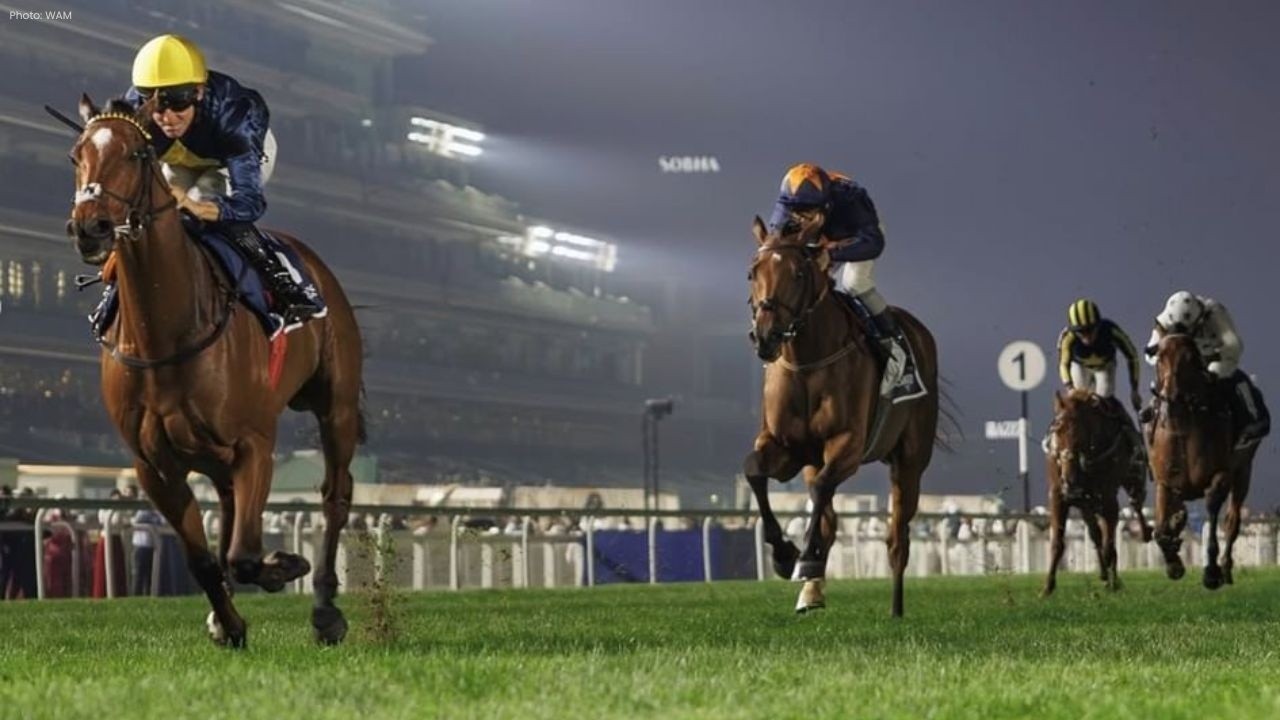
Dubai Racing Carnival Opens at Meydan with Top Horses
Dubai Racing Carnival begins at Meydan with 73 horses in 7 races, featuring top local and internatio
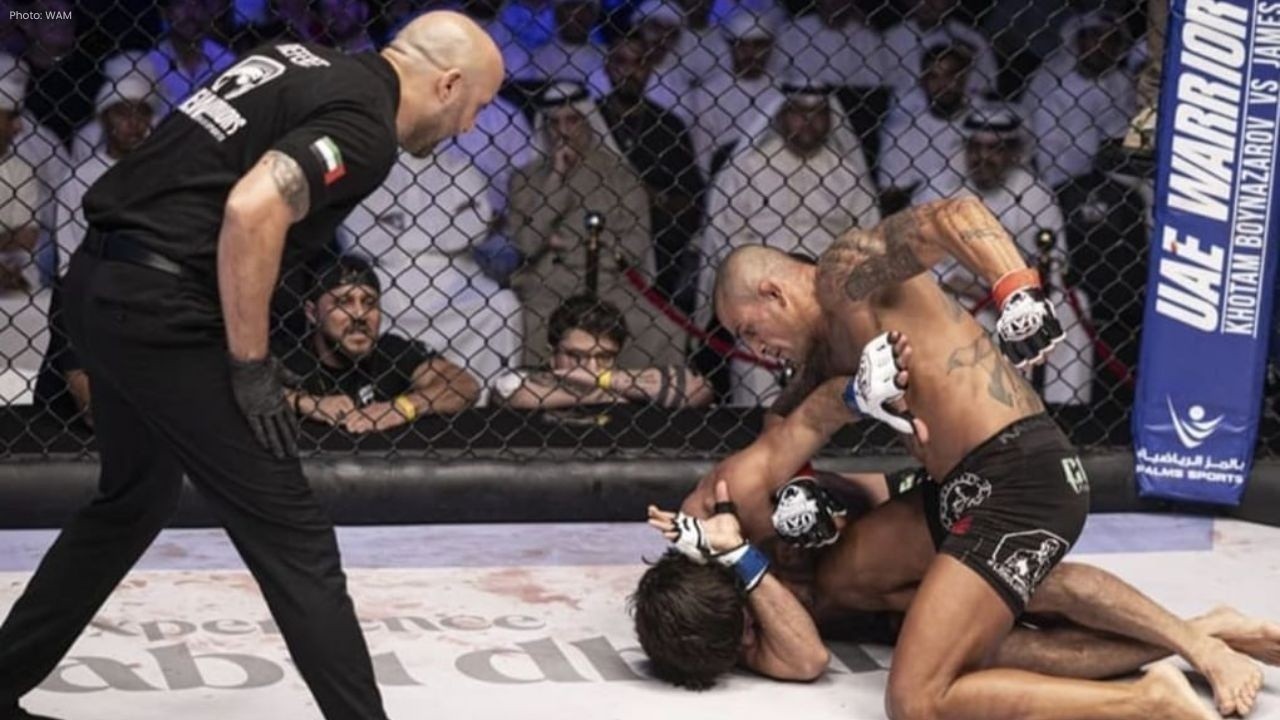
UAE Warriors 65 Set for Al Ain, Features Women’s World Title Fight
UAE Warriors 65 returns to Al Ain on Nov 15, featuring 13 MMA bouts, including a women’s world title
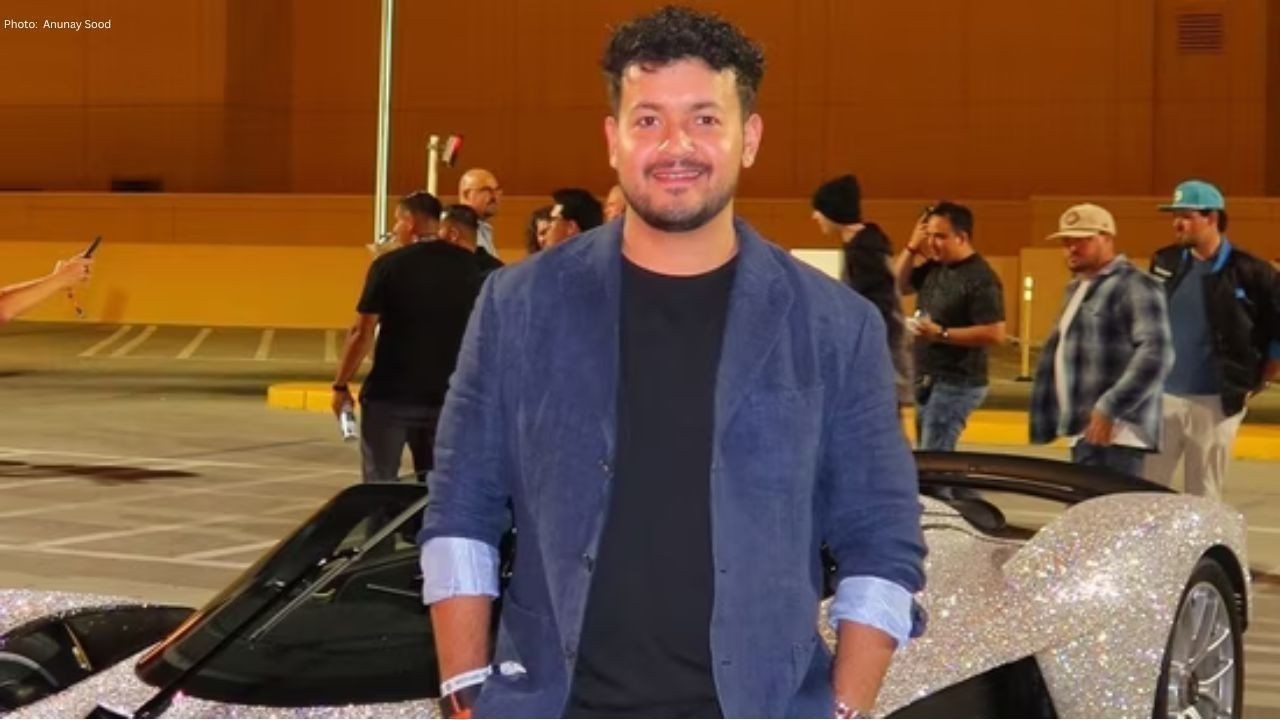
Travel Influencer Anunay Sood Dies at 32; Peers Remember His Energy and Spirit
Travel influencer Anunay Sood dies unexpectedly at 32. Fellow creators and adventurers remember his
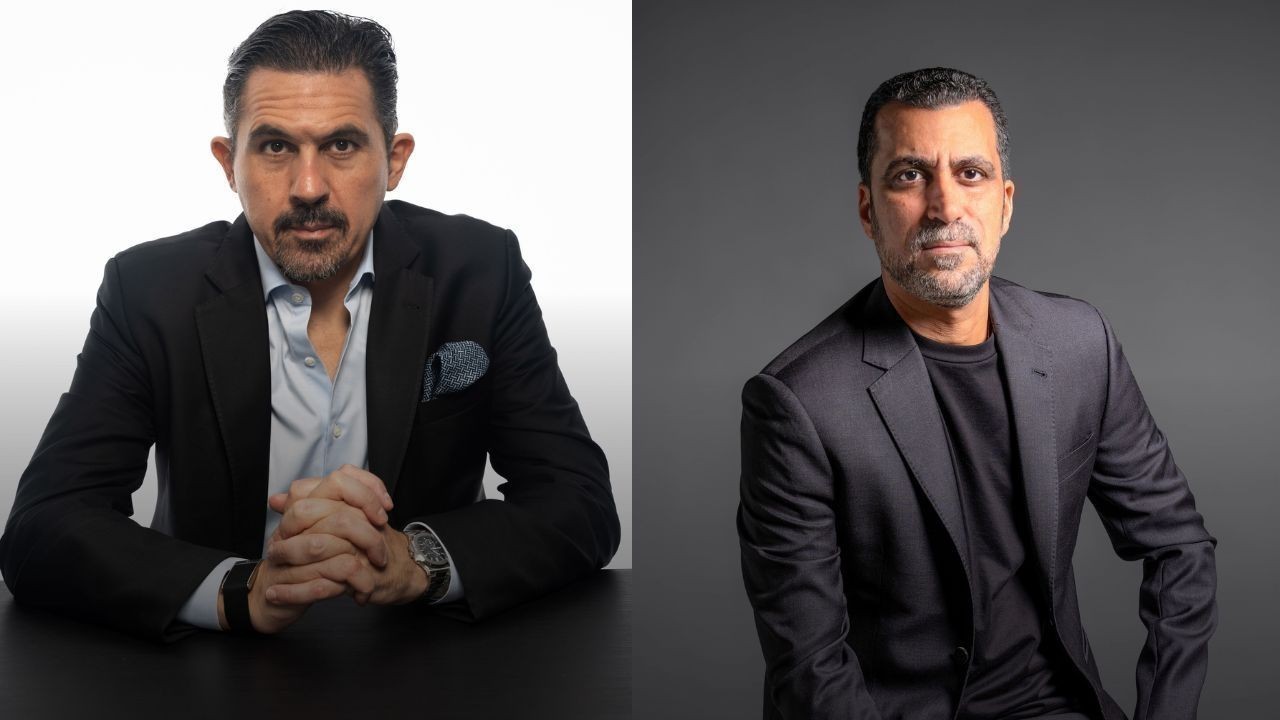
UAE Tops MENA in ESG Integration, Driving Sustainable Growth
UAE leads MENA in ESG adoption, with companies linking sustainability to business outcomes, employee
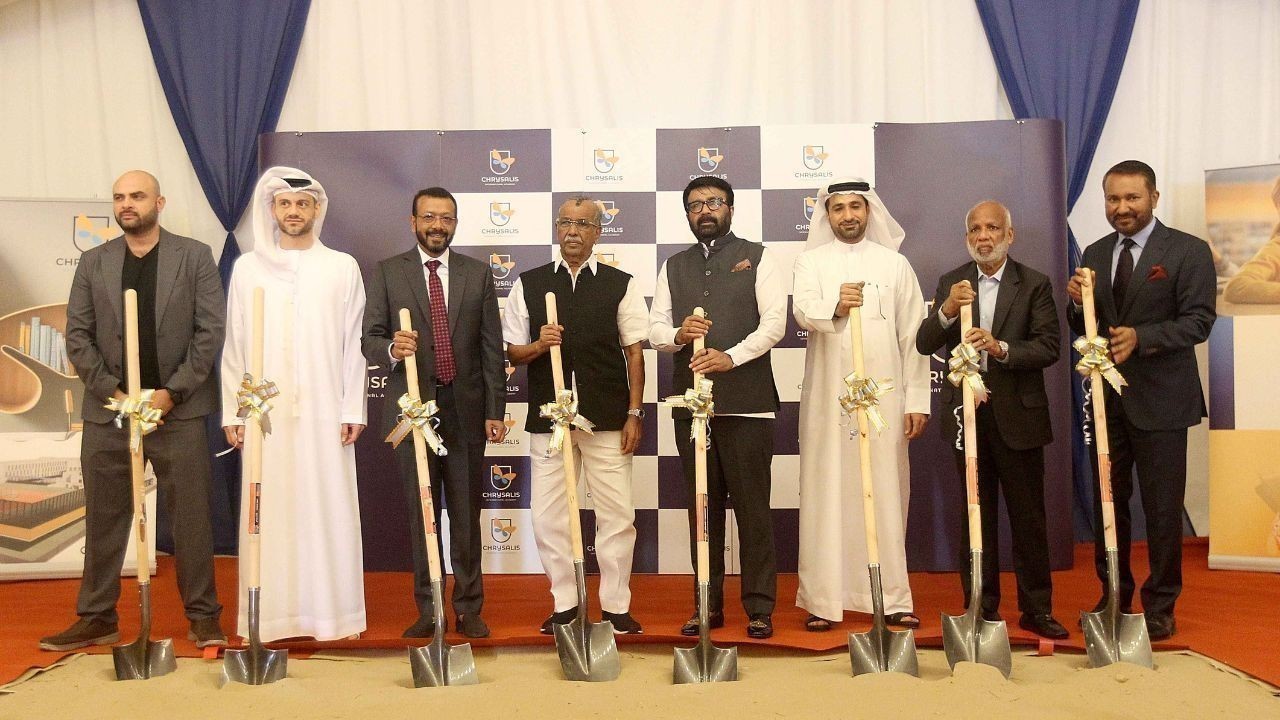
Chrysalis International Academy Ushers New Era in Dubai Schools
Nalapad Investments & MVK Holdings break ground on Chrysalis Academy in Dubailand, blending British
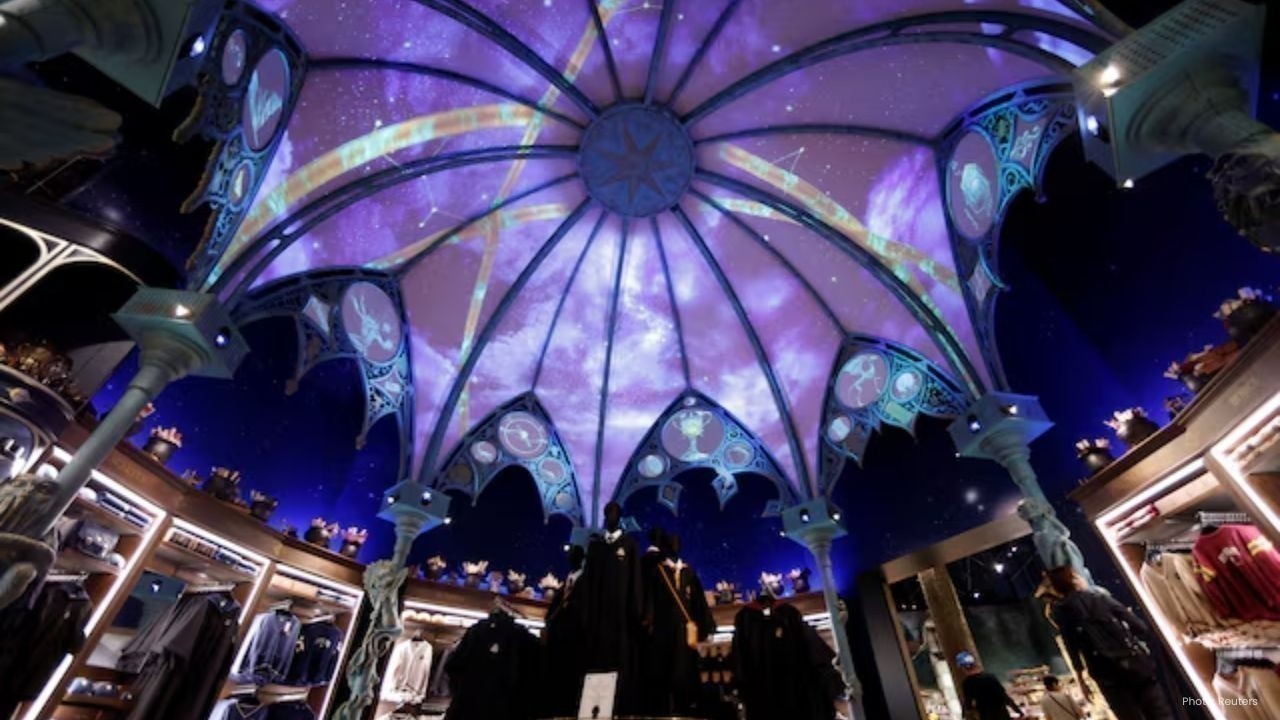
Warner Bros Discovery Q3 Revenue Misses Expectations
Warner Bros Discovery posts $9.05B Q3 revenue, falling short of estimates, driven by weak streaming
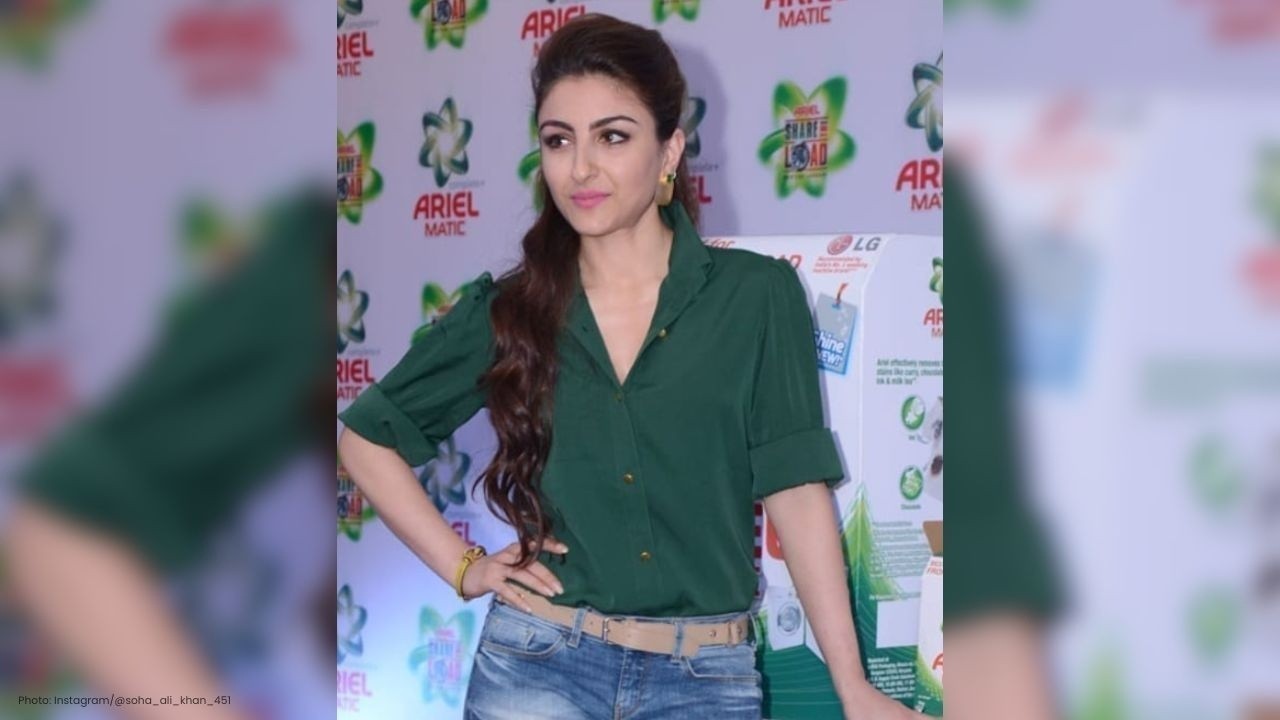
Soha Ali Khan Shares Fun & Rare Family Dinner Stories
Soha Ali Khan opens up about family dinners, her parents, and siblings, sharing rare anecdotes and i
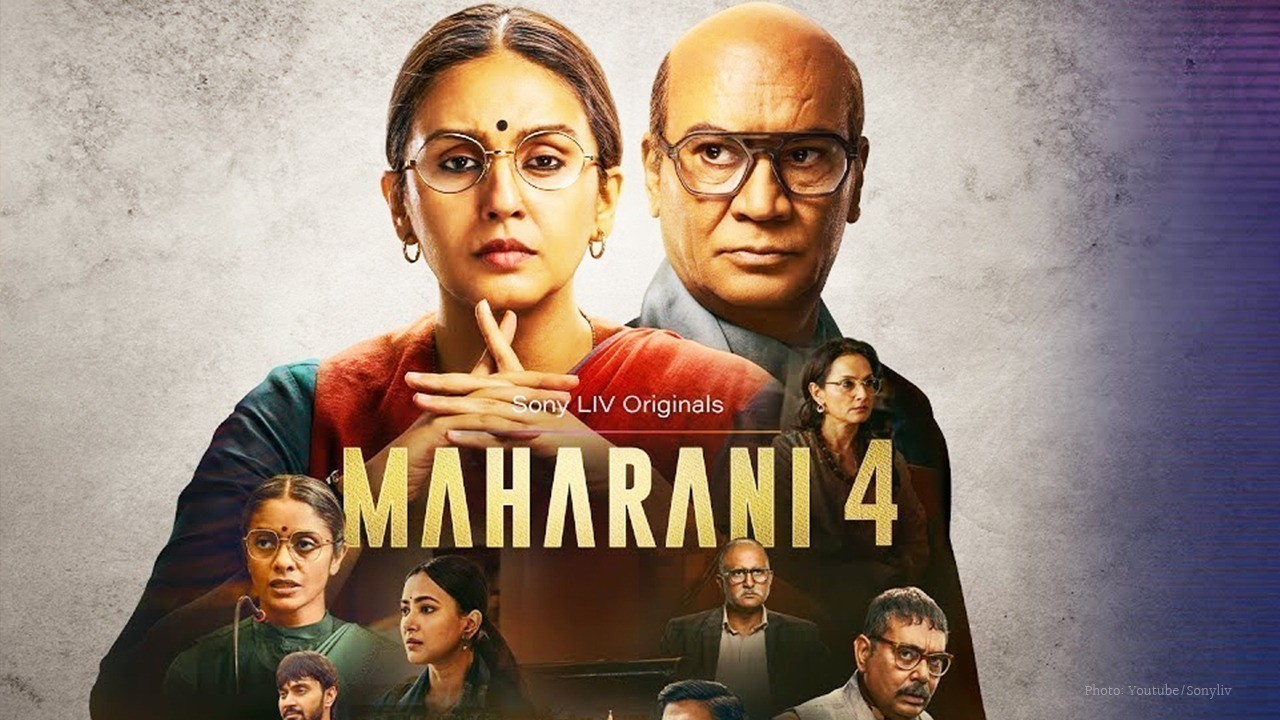
The New Season Alert Maharani Season 4 Coming Soon
Maharani Season 4 arrives on SonyLIV with Huma Qureshi as Rani Bharti facing new rivals bold politic
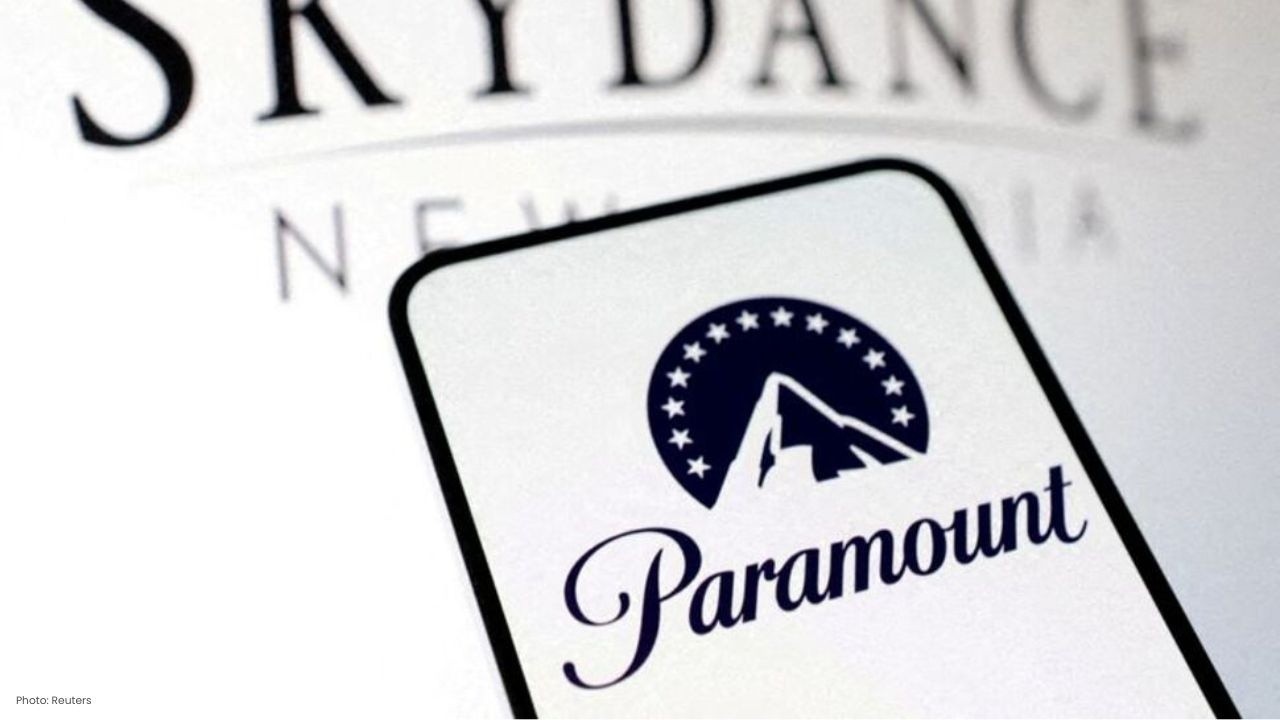
Paramount+ to Stream PBR’s Top Bull Riding Series in 2025
Paramount+ secures 5-year rights for PBR's "Unleash the Beast," streaming live across 17 states from

Zohran Mamdani Victory Speech Goes Bollywood with Dhoom Machale
Zohran Mamdani wins NYC mayor race, becoming the city’s first Muslim and South Asian mayor, making h

UAE Life High Stress 3 Simple Ways Expats Can Manage Pressure
Expats in the UAE face daily pressure and burnout Learn 3 simple effective ways to manage stress fin

Smart Meal Prep in Dubai Save Money Stay Healthy
Plan smart eat fresh Discover how meal prepping in Dubai helps you save money eat healthy and enjoy

The Ultimate Guide to Dieting in Dubai Keto vs Vegan vs Mediterranean
Discover Dubai’s top diet trends Keto Vegan and Mediterranean Find which plan fits your lifestyle f

Stay Fit in Dubai 7 Fun Outdoor Workouts Without a Gym
Explore 7 fun ways to stay fit in Dubai from beach runs to desert hikes and skyline yoga No gym nee

Beyond Biryani: Mastering Portion Control in Dubai’s Melting Pot of Cuisines
Discover how to enjoy Dubai’s diverse cuisines wisely Learn simple portion control tips to stay heal